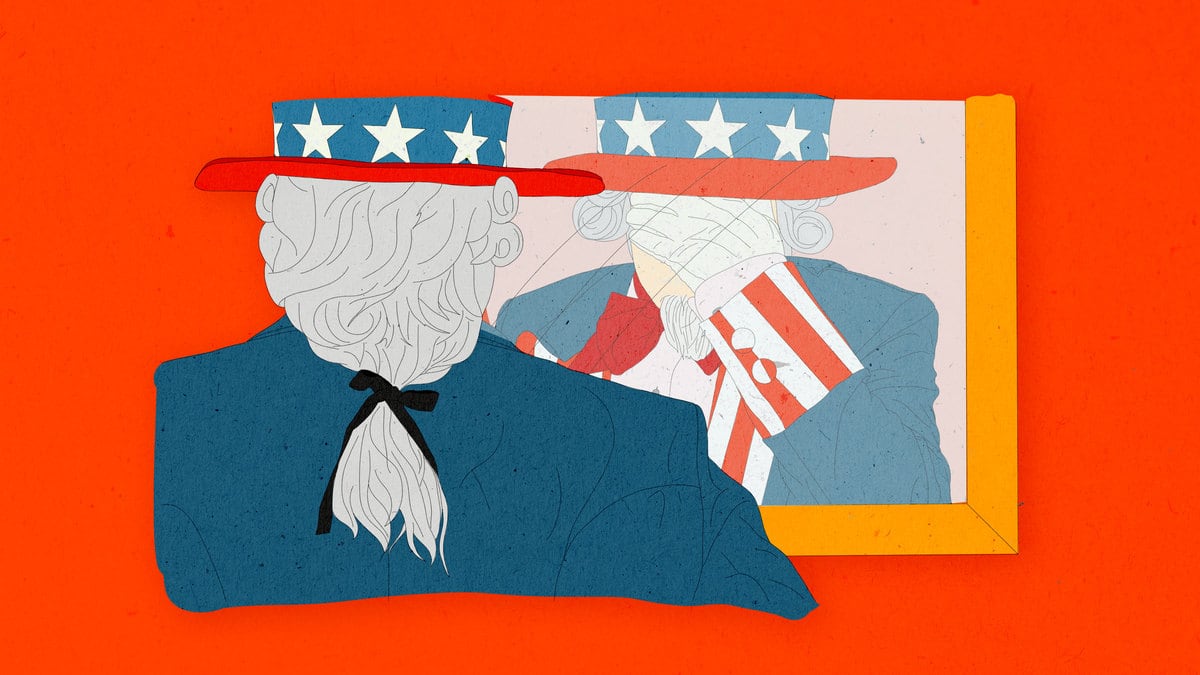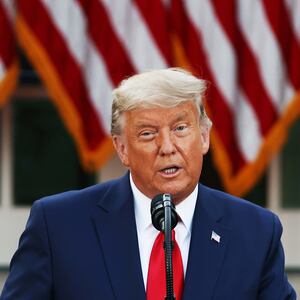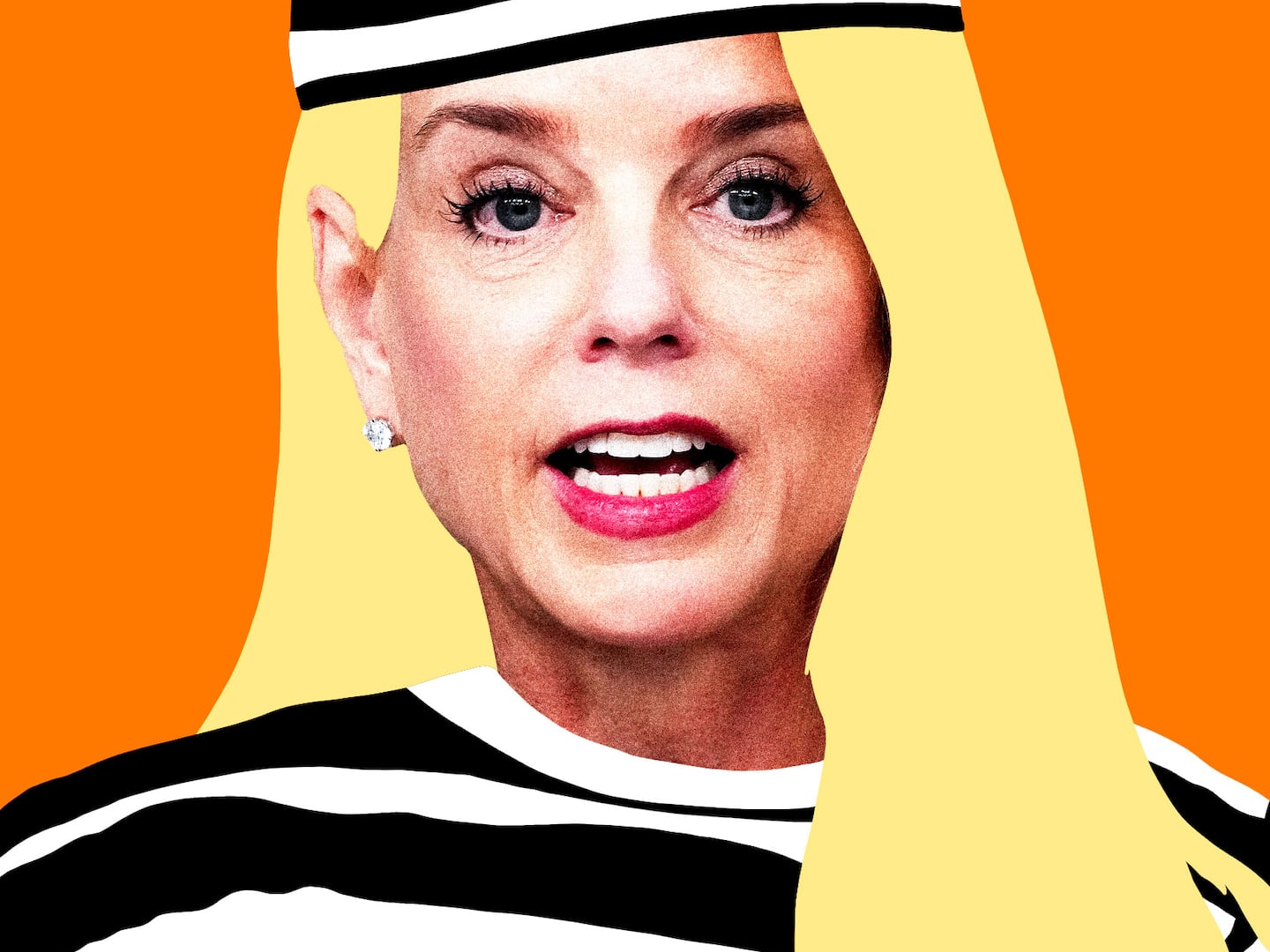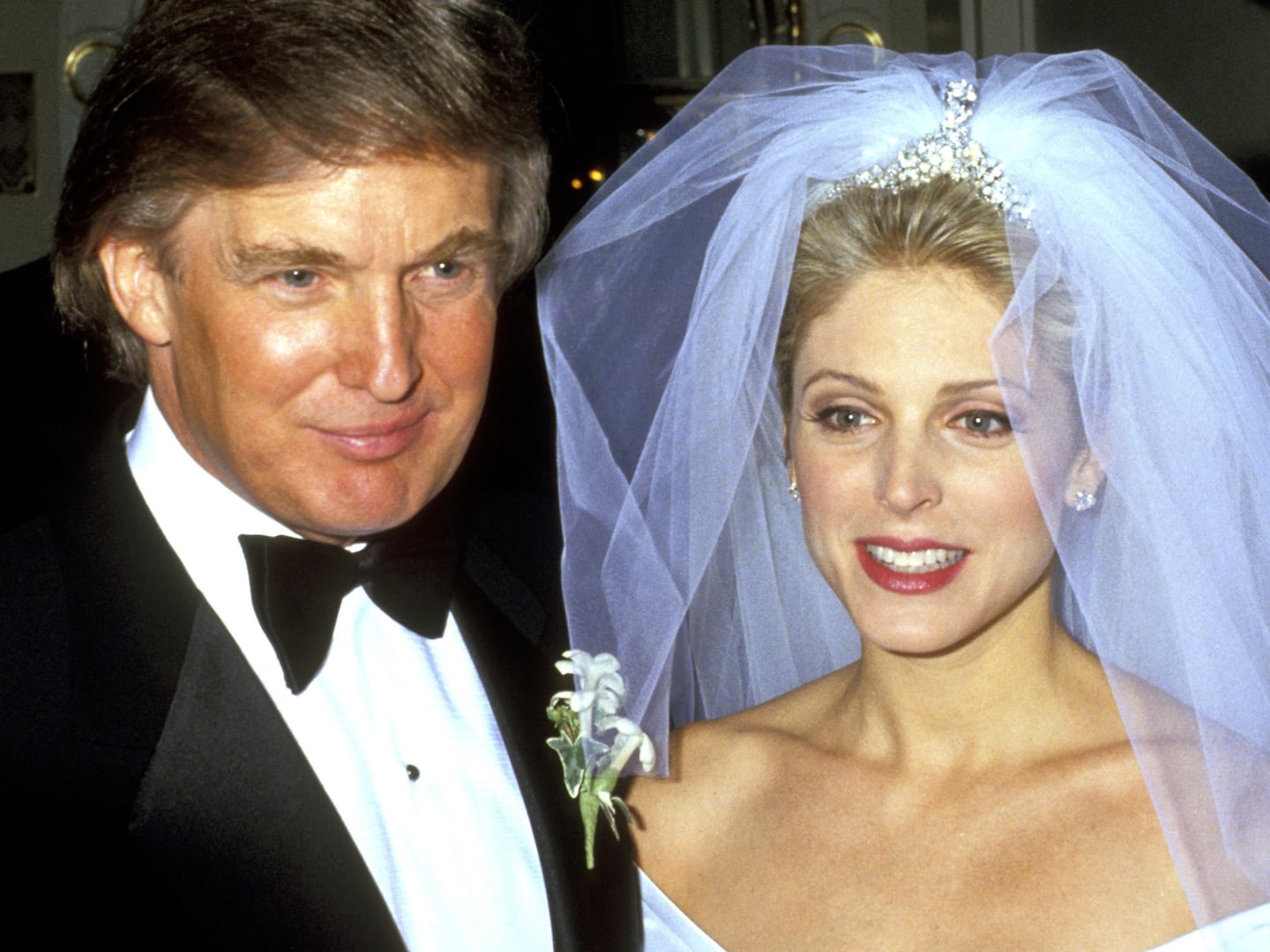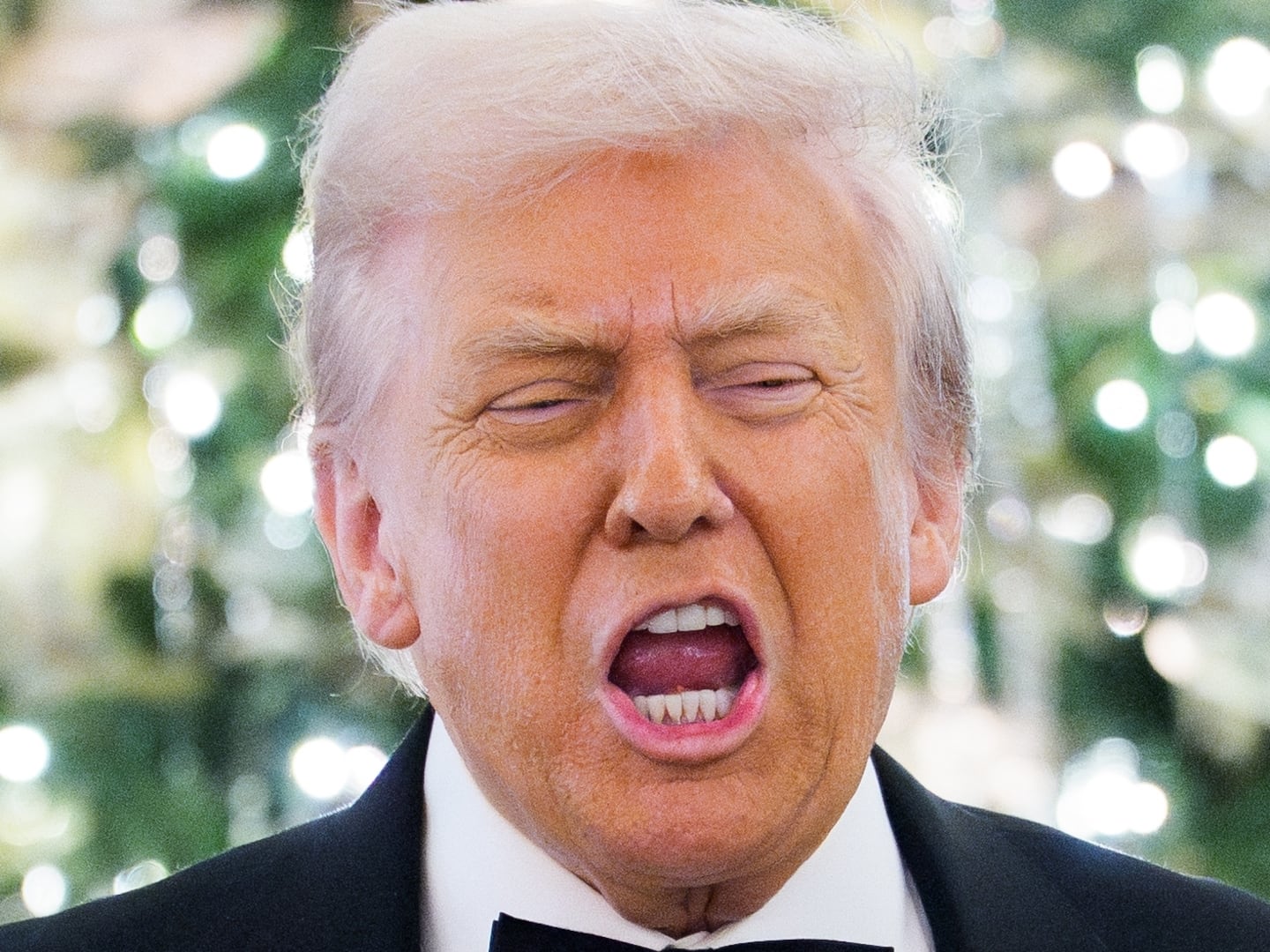“That’s not who we are,” declared President Barack Obama in 2016, condemning a swell of nativist resentment against Syrian refugees. His assertion was as much a hope as a rebuke that has since taken on a life of its own in response to rightist assaults on our beleaguered democracy. Implicit in Obama’s plaint, however, lay the nagging suspicion that perhaps this is who many of us may well be.
Seventy-four million Americans voted for Donald Trump, a burgeoning autocrat who announced beforehand that he would only accept an electoral outcome that kept him in the White House. Despite a result to the contrary, neither he nor most of his adherents have shown any indication of accepting that verdict. Trump’s efforts may have fallen short but, had they succeeded, he would have become a virtual dictator with the willing complicity of almost half the country. So, what does this say about who some of us are?
In seeking to determine this, we should acknowledge that the forces leading to Trump’s ascendancy were well in motion long before he became a political factor. The dog-whistles of George H.W. Bush in his 1988 campaign were amplified by the racist growls of Pat Buchanan, and the partisan howls of Newt Gingrich. By then, the “responsible” GOP had already fixed an image of Blacks in the minds of a receptive white America.
The archetypal Black woman was a “welfare queen,” and her male counterpart was “Willie Horton,” stereotypes of fecklessness and predation that dated back to slave days. Donald Trump simply updated them and expanded their reach to include Mexicans and other immigrants in his raw appeal to nativist bias. Trump’s success didn’t come out of the blue. It was long in the making and will surely be with us well after he leaves the scene.
The historian Anne Applebaum in her recent book Twilight of Democracy writes of an “authoritarian disposition” shared by a third of the people in most countries. They have no patience with complexity and are mistrustful of different ideas and those who endorse them.
They are kindling that needs only the moment, and a match.
America is no exception. We’ve lived through this before, but the election of Barack Obama in 2008 set them loose. It was Sarah Palin who sounded the tocsin in the 2008 presidential campaign with her appeal to “the real Americans,” a hardly hidden code for rural, God-fearing whites. Donald Trump merely battened on this in his false birther claims that validated his followers’ belief that Obama, a Black man with a Muslim middle name, was inherently inauthentic. It was a calumny that Trump rode to the White House, based not on its accuracy but because of its “larger truth,” which appealed to right-wing proclivities.
Nor was it an accident that in 2010, the first off-year election after Obama became president, as Ari Berman points out in his Give Us the Vote, that nine Republican-controlled states passed ID laws to restrict the ballot, which landed most heavily on minority voters.
As Donald Trump has acknowledged, it is unlikely that the Republicans could win a national election if all eligible voters participated. Which is why the GOP has become a party of restriction, not only in regard to immigrants but to the vote itself. Since it cannot openly acknowledge this, it must revert to falsehoods, such as the imaginary specter of voter fraud, to justify depriving Americans of their voting rights. What the Republicans once practiced on a regional scale has now been projected onto the national stage. That they have so far been rebuffed has only redoubled their efforts to limit the franchise to achieve their ends.
The Republican Party appeals to a constituency of the aggrieved who fear not so much economic decline as social irrelevance. Consequently, they will do anything to stay in power. If they can save their country by subverting the democratic process, so be it. In their eyes, they are simply “purifying” democracy by cleansing it of unsavory elements. They are rescuing America from the ravages of secularism and socialism. Democrats are no longer legitimate political opponents but the enemy within. As such, they have no political legitimacy, which means their votes don’t count, which is why Donald Trump can assert that he won the election by a landslide.
What is troubling is that Trump’s delusion is currently shared—whether for reasons of expediency, ideology or fidelity—by the bulk of his own party. The historian Richard Hofstadter’s “paranoid style in American politics,” once limited to the fringes of American society, has now ripened into a raging force that has swept one of our two major parties and seized the imagination of its rank and file. Of all the ills that Donald Trump has inflicted on our nation, the worst is the mistrust he has sown in our electoral system and, thereby, in our democracy itself.
In one of Trump’s rants to excite his base, he decried Democrats as not only “socialists” but “communists.” The charge is absurd, but there is one “ism” that may be more appropriately brought to bear on the current situation: fascism. In the past, the epithet “fascist” was carelessly flung about by leftists at politicians who disagreed with their radical views. But we must re-examine this “ism” in light of the transmogrified GOP that has purged its moderate elements. Its zealous rank-and-file patrols Republican primaries to banish any dissenters.
The party has shown its loyalty not to the Constitution or the country but to the leader, for whom some of its followers profess a willingness to die. Its interest is not in law and order but in coercion. It is willing not only to demonize its foes, but imprison them. Its adherents have adopted the use of weapons to intimidate their opponents and interfere with the election process. It has countenanced armed militias who grumble about insurrection if the election doesn’t go their way.
It has demonstrated a willingness to dispense with democracy. It manifests all the components of a home-grown fascism, although most of its proponents might be chagrined to hear themselves so described. But if it looks like a duck and quacks like a duck, it’s a duck. We should call it by its name.
So, in regard to Obama’s admonition, we are many things. We have founded an Empire of Liberty and maltreated our Native Americans in doing so; we have thrived on slavery and fought a war to destroy it. We have forged the Second Bill of Rights in the Reconstruction Amendments and we have betrayed their meaning in the “Redemption” that followed. We have curbed the excesses of corporate greed and social inequity in the reforms of the Progressive Era and the New Deal while excluding our fellow Black citizens from their benefits.
And we have lost our sons on the beaches of Normandy in the name of freedom while depriving some at home of those very freedoms. We are the sum of our aspirations and our defects. We are not immune from our worst impulses. But for all our flaws, we have, at times, lived up to Lincoln’s dream that we are the last best hope of mankind. Our democracy, as our Founders intended, is a work in progress.
For the moment, its defenders seem to have won the day. But the forces of autocracy, with or without Trump, are not going away. If they are willing to threaten our democratic institutions in an election where their candidate lost by more than seven million votes, what might happen when the balloting is tighter?
In our own lifetime there have been many close elections. Jack Kennedy beat Richard Nixon by 0.17 percent. Nixon defeated Hubert Humphrey by 0.7 percent. And Bush-Gore was decided by a few hundred votes in Florida after the Supreme Court stopped a recount. What if the Senate were at stake? Or merely a House seat? Why couldn’t the current debacle become a paradigm rather than a one-off? Should this come to pass, our democratic process would indeed become a shambles.
Let us make no mistake, there is only one party at the moment capable of such malevolent designs. It is a party of unreason whose impassioned adherents, encapsulated in their echo-sphere, are impervious to facts and in thrall to a malign presence. It is up to the decent American majority to stand vigil at the voting booth and prevent them from regaining the White House. Should they do so at any time in the near future, it would be hard to extricate them and we would be well on the road to autocracy. It can happen here.
Jack Schwartz was formerly book editor of Newsday.

